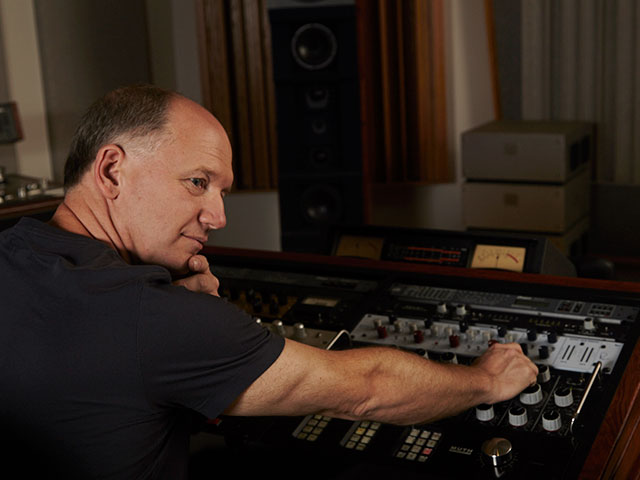- Published Jul 30, 2013 in In The Studio
World renown mastering engineer Scott Hull takes a look at mastering from the ten-thousand foot view.
There’s a lot of information on the web about mastering. Some sites take a scientific approach, some a creative approach. Both are useful, but neither tells the whole story. My mastering lies somewhere between the two.
Mastering is a very technical art. There are certain requirements, yet there are many exceptions to rules, and many good reasons to ignore the rules entirely. Even though it’s sometimes creative to shoot from the hip and let the pieces fall where they may, mastering, in my opinion, needs a healthy measure of control. Just how loud is “too loud”? Can there be such a thing as too much hype? Can the quest for radio play make an otherwise exciting album sound boring? For me these questions have to be asked and answered on every single project that comes through my studio. If you are familiar with some of the work in my discography, you may find part of the answer in how each project sounds.
Rule #1: There are no rules.
For me there is not so much a single “right way” for an album to sound. The grouping of the songs, the sequence—the art of the album—is so much more important than the actual sound of any single component.
A lot of mastering questions are answered with “It depends….”, and that’s because it does depend! I like to let the music of any project approach me. I mean, I let the music tell me what it wants to be. Then I listen to what the artist and producer want their album to sound like.
I ask questions related to the way the music strikes me and how it should strike me. What kind of audience is this music expected to have? How is it likely to be played back? Is high resolution the most important aspect? Or is it just as important that the listener feel moved in another way? Somewhere in all of that emerges a plan or direction for the sound of the project.
It’s all music.
I may be unusual in this, but I don’t really identify with a particular style of music more than others. Well, maybe a little. But whether I’m mastering experimental music, soul, jazz, rock, big band, orchestral, pop, fado or whatever, I don’t need to have lyrics or even understand the language that is being spoken or sung. It can be far-out or very traditional. All the information I need is in the music and that’s what guides me. When it all falls into place it’s like magic.
You might not understand the “how” of a mastering engineer’s job, but I think you do know good mastering when you hear it. Mastering can help a listener enjoy the production more, not get hung up on flaws, and stay engaged in the musical experience.

